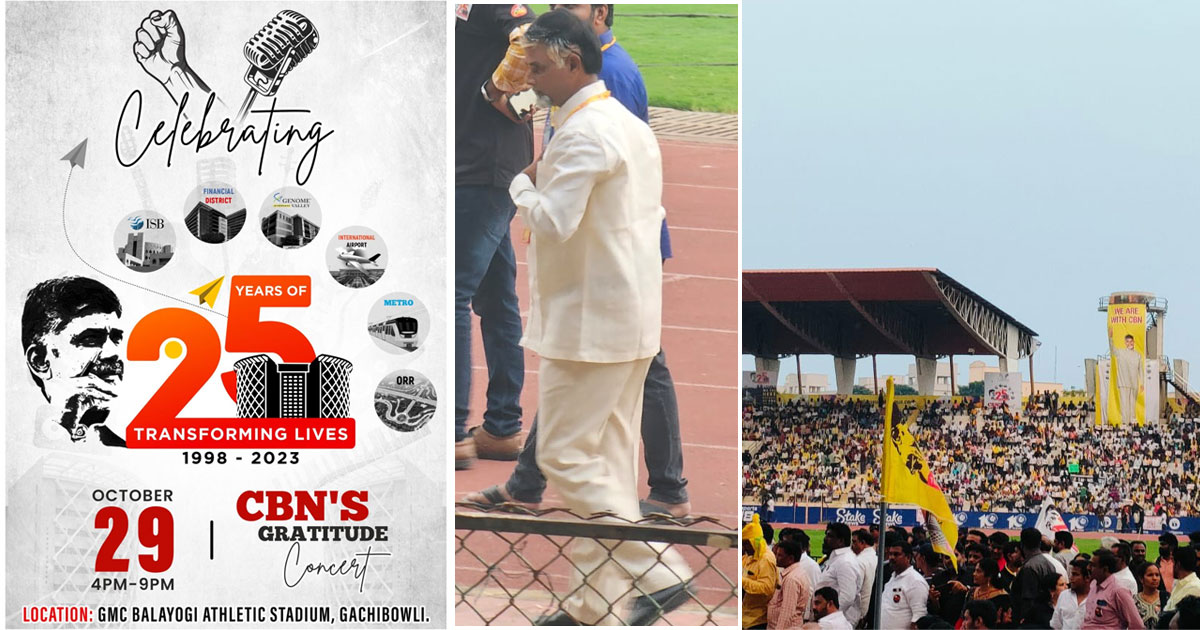On Saturday, Kumaraswamy, while attacking the Congress over the confusion regarding the change of leadership in the state, said, “Will you [Shivakumar] become the CM? If so, all 19 JD[S] MLAs will extend support to you tomorrow itself.” In a tumultuous turn of events, the state of Karnataka finds itself embroiled in a web of political intrigue and factionalism, with key leaders making bold statements and power plays. The situation has left observers wondering about the future of the Congress Party and the potential for new alliances that could reshape the political landscape.
Ongoing Political Turmoil: A Deep Dive
It all began when H.D. Kumaraswamy, a prominent figure in the Janata Dal (Secular), or JD(S), launched a scathing attack on the Congress, citing confusion regarding leadership changes in the state.
Kumaraswamy’s words were clear and resolute: “Will you [referring to D.K. Shivakumar] become the Chief Minister? If so, all 19 JD(S) MLAs will extend their support to you tomorrow itself.” This proclamation marked a significant show of support, not only from 19 JD(S) MLAs but also from the 66 seats held by the aligned Bharatiya Janata Party (BJP) and smaller parties with a maximum of 4 MLAs, amounting to a total of 89 MLA’s backing Shivakumar. The interesting part is that this support has come at a time when there is already internal tension brewing between D.K. Shivakumar and the current Chief Minister, Siddaramaiah.
Congratulations to @siddaramaiah ji and @DKShivakumar on their joint triumph. Wishing them all success in ensuring genuinely good governance. The voters of Karnataka will now get two Leaders for the price of one! #Siddaramaiah #Shivakumar @INCKarnataka @INCIndia pic.twitter.com/B0VuWSqpeV
— Shashi Tharoor (@ShashiTharoor) May 18, 2023
Siddaramaiah, the incumbent Chief Minister, responded to Kumaraswamy’s offer with a touch of sarcasm, brushing it off as such. He quipped, “We are happy that Kumaraswamy can also be sarcastic.” In a sardonic twist, Kumaraswamy had exploited the internal divisions within the Congress, alluding to the numerous individuals aspiring to claim the Chief Minister’s post. He even went so far as to label the government as a “duplicate CM” scenario, reflecting the internal disarray within the Congress Party.
Deputy CM Factions and Shifting Alliances
Adding to the chaos, the Karnataka Congress is currently grappling with three Deputy Chief Minister candidates, including D.K. Shivakumar, B.K. Hariprasad, G. Parameshwar, and B.R. Patil. These contenders have their own factions, each pushing for their preferred deputy CM. The infighting has resulted in a demand for only one deputy CM from each faction. At this crossroads, there appear to be two potential paths forward. Either a Chief Minister may emerge from within the party’s factionalism, or a coalition could form between the JD(S) and BJP, with the caveat that those who resign from their posts may need to face elections once more. It’s worth noting that 136 MLAs are currently in this Gathbandhan (alliance), which includes Congress, and if 28 Congress MLAs were to resign, it could still provide a viable pathway to forming a new government.
Congress has officially 4 Chief Ministers now,
— Ashish 𝕏|…. (@Ashishtoots) May 20, 2023
Many more to be added in the list soon 🔥, #Siddaramiah #Karnatakapic.twitter.com/7xkZ6sZoLA
A historical perspective reveals that a similar strategy was employed in 2019 when 17 MLAs resigned to facilitate the formation of a BJP government. However, the situation has taken a further twist as Murgesh Nirani of the BJP hinted that the Congress could see up to 50 MLAs resigning and switching allegiances to the BJP, given the internal factionalism within the Congress. This development could significantly alter the political landscape.
Over this intense battle for the Chief Minister’s seat and the ongoing issue of party divisions, Rahul Gandhi has reportedly tried to mediate, urging Siddaramaiah and D.K. Shivakumar not to publicly divulge their strategies within the party. This internal strife traces its origins back to a Delhi meeting where it was decided that both Siddaramaiah and D.K. Shivakumar would share power, each serving 2.5 years. The question that looms large is whether Siddaramaiah will indeed step down from the post after his term.
Congress Denies Factionalism Amid Karnataka’s Political Chaos
“There is absolutely no faction in the Congress. All roles and responsibilities in our party are clearly defined. Siddaramiah is the CM, and DK Shivakumar is the deputy CM. Whatever decision has to be taken [on the charge of CM] will be taken by the high command at the right time,” Priyank Kharge told ANI.
Siddaramiah leaves for Delhi to meet Congress leadership, party to decide on CM face after Karnataka win
— ANI Digital (@ani_digital) May 15, 2023
Read @ANI Story | https://t.co/Nsdb7dsshu#Siddaramiah #Congress #Karnataka pic.twitter.com/8CRCFV9zts
Karnataka’s Minister and Congress MLA, Priyank Kharge, sought to downplay claims of factionalism within the Congress. He insisted that all roles and responsibilities in the party are clearly defined, with Siddaramaiah as the CM and D.K. Shivakumar as the Deputy CM. Any decisions regarding the Chief Minister’s role would be made by the high command at the appropriate time, he emphasised. In response to Kumaraswamy’s offer, D.K. Shivakumar asserted that he belongs to the National Democratic Alliance (NDA) and suggested that any discussions regarding support should occur after the party exits the NDA. This adds another layer of complexity to the already convoluted political landscape.
Political Turmoil Threatens Public Welfare and Stability
Following a breakfast meeting involving Siddaramaiah, Shivakumar, and other senior ministers, directions were issued to all party MLAs and ministers not to comment on internal party matters. However, it’s clear that the situation remains fluid and unpredictable.
Chief Minister Siddaramaiah accused the BJP of engineering a debate on the change of leadership in Karnataka, characterising both the BJP and JD(S) as frustrated parties who had hoped to form a coalition government. As the power struggle and factionalism continue to unfold in Karnataka, the state’s political future remains uncertain. The evolving dynamics in the state could lead to significant changes in leadership and alliances, and only time will reveal the ultimate outcome of this intricate political drama.
The ongoing political turmoil in Karnataka, characterised by intense factionalism and power struggles over the Chief Minister's seat, has raised concerns about its impact on public welfare. The state's parties are engaged in a fierce battle for control, leaving the public's welfare and stability at risk. The situation remains fluid and unpredictable, with political interests taking precedence over the well-being of the state's citizens. Ultimately, the outcome of this intricate political drama will shape the future leadership and alliances in Karnataka, and it is essential that political leaders prioritise the public's interests and stability in their decisions.







